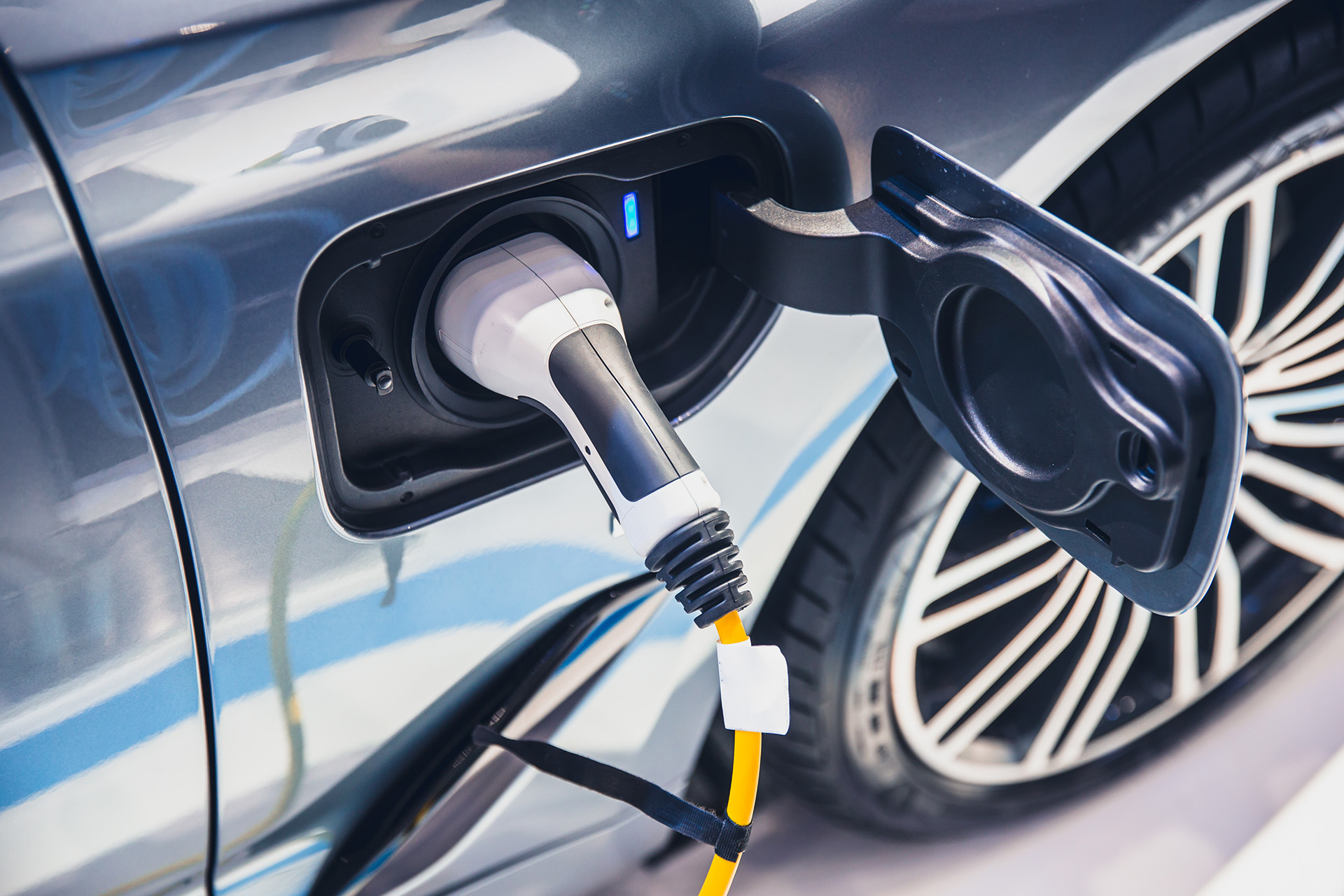
Akkodis Research Develops AI-Based Charging Solution to Optimize Operational Use of Commercial Electric Vehicles
Business Challenges
Battery Life of e-vehicles
Lithium-ion battery systems are subject to complex aging mechanisms when operating electric vehicles, which lead to a reduction in the amount of energy available over the operating time and, thus, a decrease in the electric range of the vehicle. This poses challenges for operators of commercial fleets in particular, as route selection cannot be flexibly adjusted by the driver but is fixed via a control center (scheduling).
Fleets usually consist of various vehicles from different manufacturers, which, in addition to other performance features, sometimes also have very different vehicle ages. As a result of the degradation of the battery of an electric fleet vehicle over its operating life, it cannot be guaranteed that the range requirements of an assigned route (e.g., long-distance in logistics, travel distance in public transport use) are met for every vehicle in the fleet.
In addition, vehicle manufacturers do not provide uniform data interfaces for transmitting the battery status. As a result, there is no way to determine the battery status and the associated range in a standardized, cross-manufacturer manner. Therefore, a vendor-independent battery diagnosis is needed to provide fleet operators with vehicle-specific and cloud-based information about the battery status for vehicle scheduling.
Testing Battery Data Transfer
Akkodis Research takes part in Charge.com Project called: Development of diagnostic charging methods and communication to optimize the operational use of commercial electric vehicles. As part of the project, diagnostic algorithms for charging phases of electric vehicles will be developed to precisely determine the battery status based on existing and extended charging communication protocols.
The High Voltage (HV) system directly interacts with the battery storage system during charging. The measurement of battery voltage and charging current makes it possible to use advanced evaluation algorithms to make statements about the health of an electric vehicle, regardless of the type of vehicle, without relying on data communication from the manufacturer.
The aim is, therefore, to set up a test field that is unique to date, which allows diagnostic algorithms to be tested in hardware-in-the-loop (HIL) testing in an application-oriented manner by simulating various battery systems and health conditions. The entire data pipeline for transferring the data to the Cloud and evaluating the measurement will be implemented to achieve Technology Readiness Level (TRL) 6.
Predictive Analytics for Charging Systems
The data collected in this way on the current vehicle condition forms the basis for using predictive analytics methods, i.e., predictive models from which recommendations for action for the optimal use of commercial vehicles can be derived. In the context of the whole project, Akkodis is responsible for the applicability of this model to an industrial environment, including the evaluation of existing standards around charging communication.
The focus of our work is the creation of interface systems for data transfer to the Cloud. We also create algorithm tests for this purpose. Finally, the Akkodis team integrates the algorithms into the charging communication system. As a consortium leader and industrial partner, Akkodis will provide the proof of concept on a vehicle battery and implement the extended protocol in the charging station.
Our Solution
The Akkodis Research team works on the following areas:
- Identification of relevant features for AI-based battery status diagnosis during the charging process.
- Exploration of various AI methods and their accuracy.
- Development of lean data architecture and communication for downstream big data analyses and predictive models.
- Establishment of a test field for experimental testing and integration of Akkodis EVACharge: our internal project that serves as an industrial use case.
Industry: Public Sector
Technologies & Certifications used:
Python | ISO 15118
future together